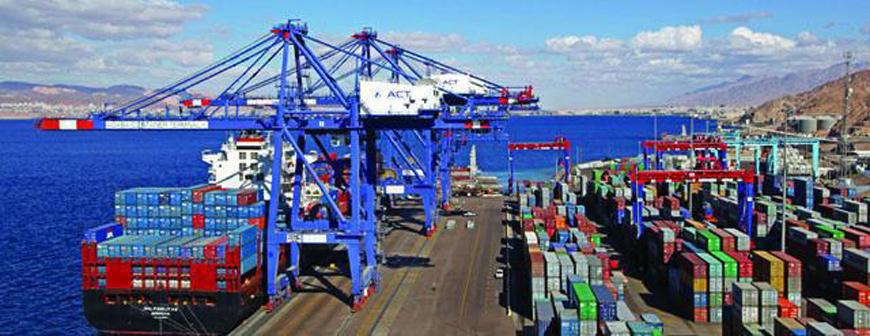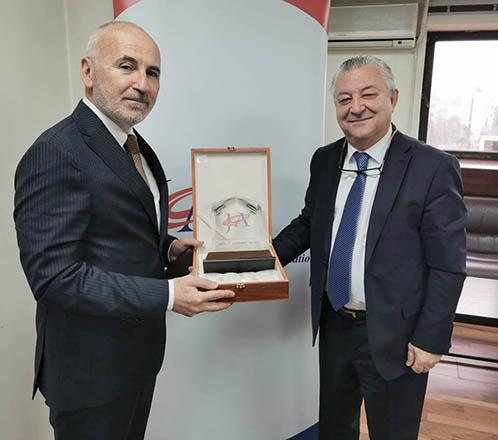You are here
Jordan to reciprocate conditions of countries with restrictions on Kingdom’s exports — JEA
By Rayya Al Muheisen - Nov 21,2021 - Last updated at Nov 21,2021

Countries that impose restrictions on the Kingdom’s exports will see these restrictions reciprocated onto Jordan’s imports from January 2022, according to the Jordan Exporters’ Association (JT file photo)
AMMAN — Countries that impose restrictions on the Kingdom’s exports will see these restrictions reciprocated onto Jordan’s imports from January 2022, according to the Jordan Exporters’ Association (JEA).
“These measures have negative outcomes on the private sector of the Kingdom to enter those markets,” JEA syndicate member Ahmad Khudari told The Jordan Times.
The aim is to simplify the rules of origin that Jordanian exporters use in their trade with neighbouring countries, according to Khudari.
Some countries continue to apply a number of measures, conditions and procedures contrary to the provisions and rules of international economic and trade agreements, he said.
Khudari noted that such measures and procedures do not achieve fair competitiveness of cross-trade with those countries.
“Jordan exports goods to 141 countries worldwide and locally manufactured goods of high quality are desirable in most global markets,” he added.
He also noted that Gulf Cooperation Countries (GCC) are excluded from this decision, however, the export-import ratio between Jordan and the GCC is almost even, according to Khudari.
He said that this decision will encourage Jordanian consumers to buy locally manufactured goods that will result in “moving the economic wheel” and reduce unemployment.
However, locally manufactured and produced goods are more expensive than imported goods, according to Wael Haddadin, a member of the Jordan Fruits and Vegetables Exporters’ Association (JFVEA).
Haddadin noted that costs of production in the Kingdom are high in comparison with neighbouring countries, in addition to high labour costs and taxes imposed on innovative technologies and machines that reduce production costs for exports.
Related Articles
AMMAN — The Jordan Exporters Association (JEA) is keen to increase exports of national products to Canada by enhancing the benefits of the f
AMMAN — The Jordan Exporters Association (JEA) is keen to increase exports of national products to Canada by enhancing the benefits of the f
AMMAN — The Jordan Exporters Association (JEA) on Saturday said that it is exploring opportunities to increase Jordanian exports to the Turk


















